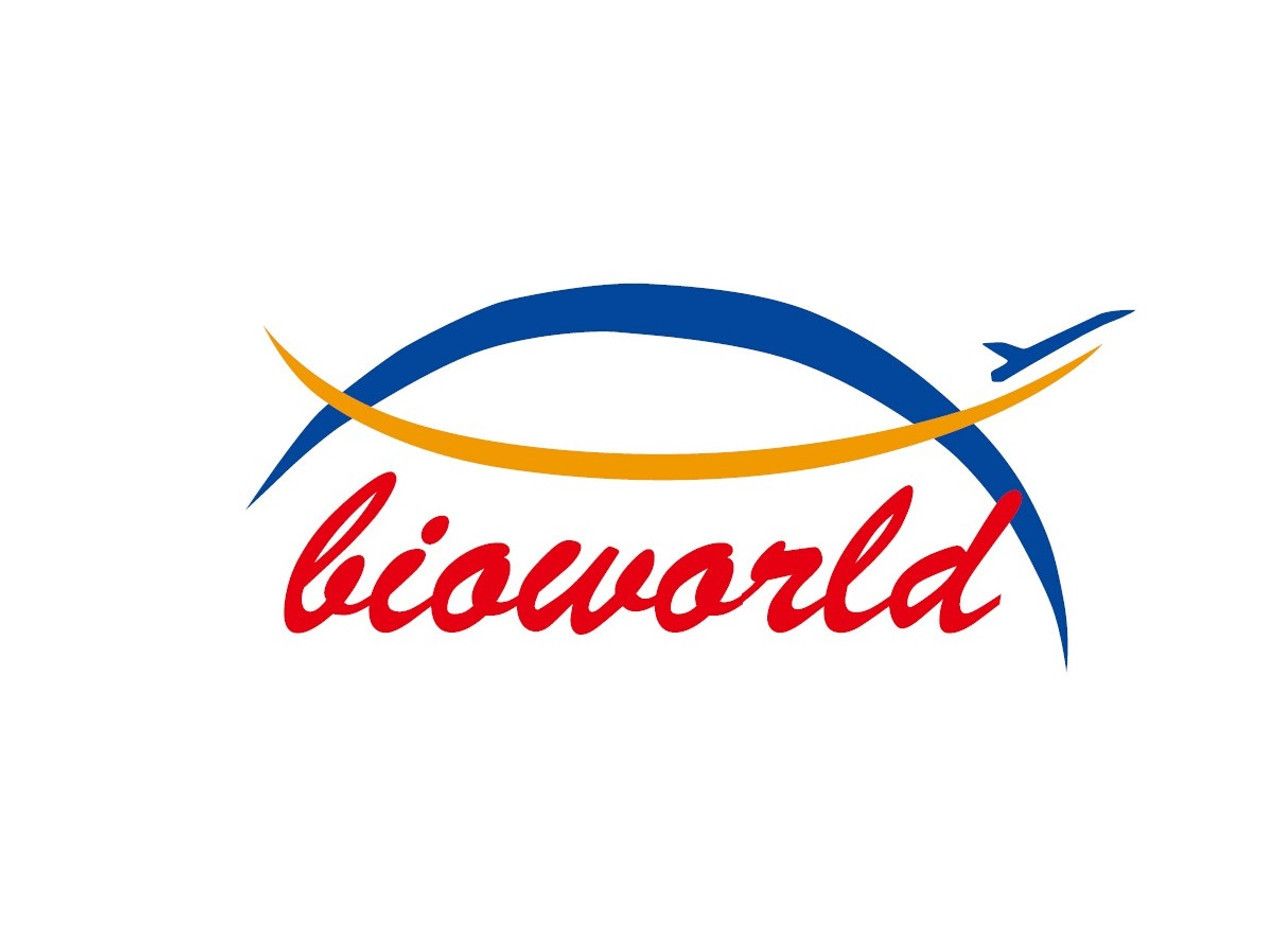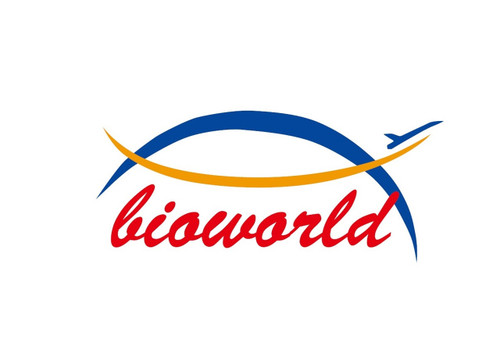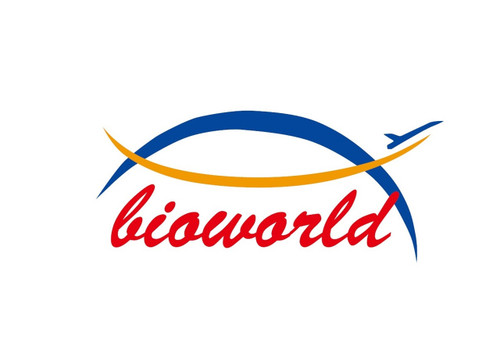Product Description
HDAC3 (Y414) polyclonal Antibody | BS1651 | Bioworld
Host: Rabbit
Reactivity: Human,Mouse,Rat
Application: WB IHC IF
Application Range: WB: 1:500~1:1000 IHC: 1:50~1:200 IF: 1:50~1:200
Background: In the intact cell, DNA closely associates with histones and other nuclear proteins to form chromatin. The remodeling of chromatin is believed to be a critical component of transcriptional regulation and a major source of this remodeling is brought about by the acetylation of nucleosomal histones. Acetylation of lysine residues in the amino-terminal tail domain of histone results in an allosteric change in the nucleosomal conformation and an increased accessibility to transcription factors by DNA. Conversely, the deacetylation of histones is associated with transcriptional silencing. Several mammalian proteins have been identified as nuclear histone acetylases, including GCN5, PCAF (p300/CBP-associated factor), p300/CBP and the TFIID subunit TAF II p250. Mammalian HDAC1 (also designated HD1), HDAC2 (also designated RPD3) and HDAC3, all of which are related to the yeast transcriptional factor Rpd3p, have been identified as histone deacetylases.
Storage & Stability: Store at 4°C short term. Aliquot and store at -20°C long term. Avoid freeze-thaw cycles.
Specificity: HDAC3 (Y414) polyclonal Antibody detects endogenous levels of HDAC3 protein.
Molecular Weight: ~ 49 kDa
Note: For research use only, not for use in diagnostic procedure.
Alternative Names: Histone deacetylase 3; HD3; RPD3-2; SMAP45; HDAC3
Immunogen: Synthetic peptide, corresponding to amino acids 391-440 of Human HDAC3.
Conjugate: Unconjugated
Modification: Unmodification
Purification & Purity: The Antibody was affinity-purified from rabbit antiserum by affinity-chromatography using epitope-specific immunogen and the purity is > 95% (by SDS-PAGE) .
Pathway:
 Euro
Euro
 USD
USD
 British Pound
British Pound
 NULL
NULL








